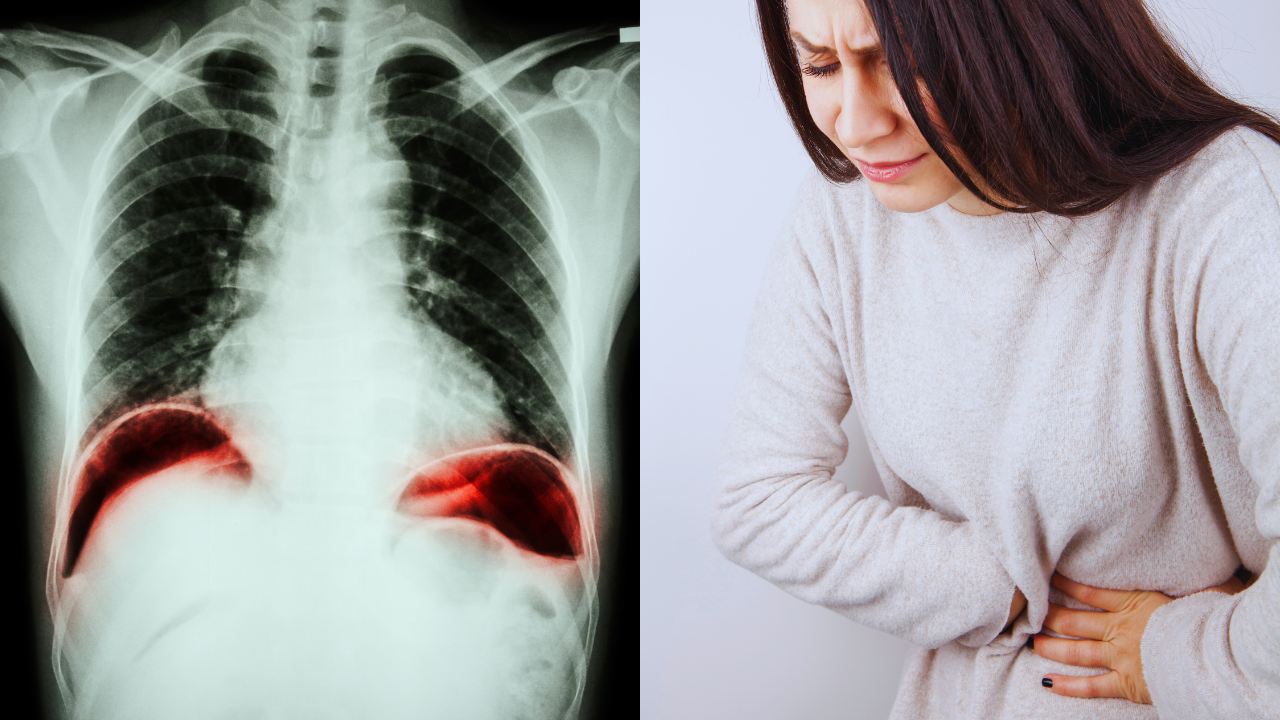Why Does My Stomach Hurt After Eating? Unique Symptoms Of Peptic Ulcer Causing Burning Pain

Credits: Canva
SummaryUlcers do not always announce themselves with big warning signs. Experts say that what often begins as minor digestive discomfort, a burning sensation, early satiety, or bloating after meals can sometimes signal something more serious if ignored. Read on to know what the unique symptoms of peptic ulcers are and why early diagnosis is important.
End of Article
